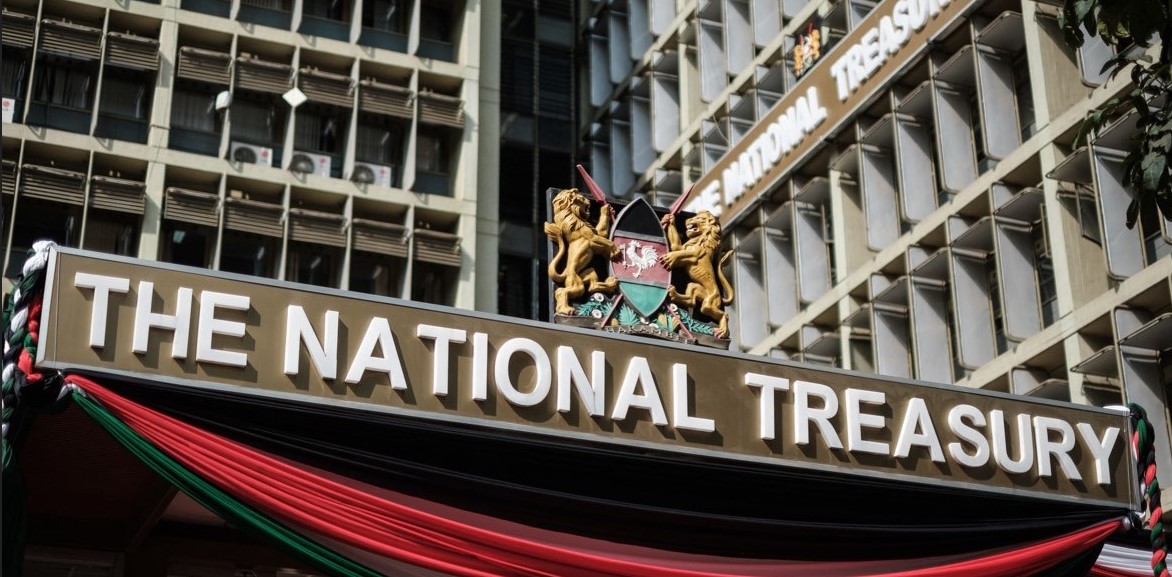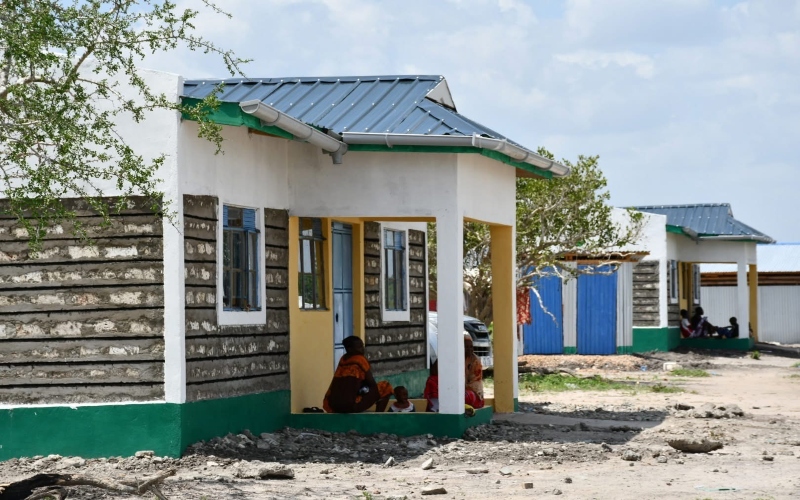Kenya to issue first Sh65bn sustainability-linked bond by June to address annual budget deficit

If Kenya meets its sustainability targets, the cost of repaying the bond remains lower, while failure to do so could result in higher coupon payments.
Kenya will issue its first Sh65 billion sustainability-linked bond by June as part of efforts to diversify financing sources and address the annual budget deficit.
This bond, included for the first time in the 2024/25 budget projections, will fund projects that enhance social and environmental sustainability.
More To Read
- Treasury CS John Mbadi defends ballooning State House budget
- Ndindi Nyoro questions government’s decision to sell 15 per cent Safaricom stake
- Government cuts funding to merged, dissolved state corporations
- MPs push for urgent funding boost for Auditor General’s office
- Parliamentary Budget Office warns Sh2.2 trillion projects at risk over funding delays
- Treasury under fire for using Sh2.67 trillion in domestic loans on recurrent spending
Unlike conventional bonds, sustainability-linked bonds tie their key performance indicators to the achievement of climate or broader sustainable development goals (SDGs).
If Kenya meets its sustainability targets, the cost of repaying the bond remains lower, while failure to do so could result in higher coupon payments.
The government has been seeking alternative ways to bridge its budget deficit beyond traditional international sovereign bonds and domestic Treasury bills and bonds.
Deficit financing options
"The government will also explore other sources of financing options if macroeconomic conditions improve. In addition, the government may explore new markets through issuing Panda, Samurai, and diaspora bonds as part of instrument diversification and deficit financing options," the National Treasury states in its final Budget Policy Statement published on Thursday.
Kenya's financing strategy aims to prioritise loans on concessional and non-concessional terms while limiting external commercial borrowing to projects aligned with the government's development agenda that cannot secure cheaper financing.
The Treasury is also pushing forward with domestic credit market reforms, including revamping the retail-focused M-Akiba bond.
"In promoting financial inclusion and a savings culture, the government has prioritised re-engineering the issuance of the M-Akiba bond. The government will revamp the platform to ensure more retail investors can access government securities," the Treasury added.
Top Stories Today














































